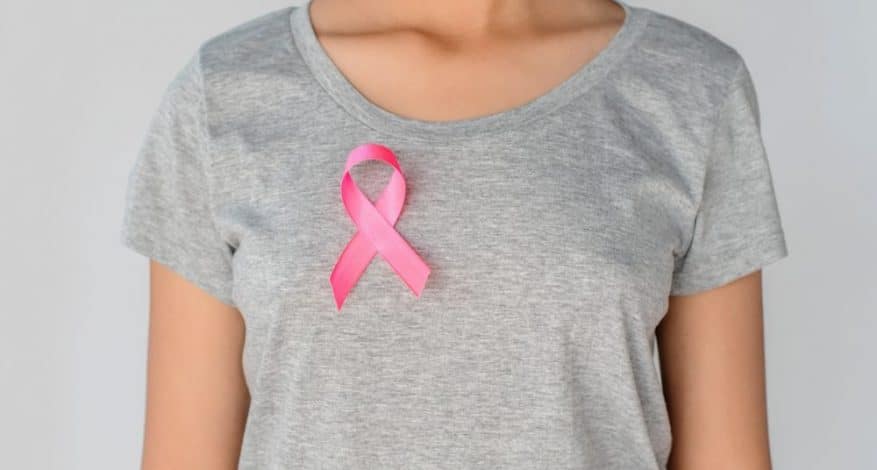Breast cancer has become one of the leading causes of death among women in Pakistan, with thousands succumbing to the disease every year. Despite being treatable and often curable if detected early, many women lose their lives due to delayed diagnosis, lack of awareness, and inadequate healthcare facilities. The need to address this growing health crisis has never been more urgent.
Sobering Statistics
Pakistan has one of the highest incidences of breast cancer in Asia. An estimated 90,000 women are diagnosed with breast cancer annually, and around 40,000 die as a result. This means almost half of the diagnosed cases end in tragedy, a stark indicator of the systemic gaps in healthcare and awareness. Shockingly, one in nine Pakistani women is at risk of developing breast cancer in her lifetime.
Why Are So Many Lives Lost?
Several factors contribute to the high mortality rate of breast cancer in Pakistan:
- Lack of Awareness
Many women are unaware of the symptoms of breast cancer, such as lumps, changes in breast shape, or unusual discharge. The absence of education about breast health leads to late detection, often when the disease has progressed to advanced stages. - Cultural Stigma
Discussions about breast health are still taboo in many parts of the country. Women often hesitate to seek medical advice due to social stigma, fear of judgment, or misinformation about the disease. - Limited Access to Healthcare
Healthcare services, especially in rural areas, are often inadequate. Diagnostic facilities, mammography centers, and cancer treatment specialists are concentrated in urban centers, making it difficult for rural women to access timely care. - Late Diagnosis
In Pakistan, a significant number of breast cancer cases are diagnosed at advanced stages due to the lack of regular screenings and delayed medical consultations. Late-stage diagnosis drastically reduces the chances of survival.
The Importance of Awareness and Early Detection
Early detection of breast cancer can save lives. Women must be educated about the importance of self-examinations and regular screenings. Self-examinations can often help detect abnormalities, prompting early medical consultation. Routine mammograms for women above 40 years are essential in identifying the disease before symptoms become severe.
What Needs to Be Done?
To reduce breast cancer deaths in Pakistan, a multi-faceted approach is required:
- Awareness Campaigns
Nationwide campaigns should focus on educating women about breast health, the importance of early detection, and how to perform self-examinations. These campaigns must reach rural and underprivileged areas. - Improved Access to Healthcare
Healthcare infrastructure must be strengthened, with more diagnostic centers and affordable treatment options in rural areas. Subsidized mammograms and cancer treatments can help alleviate financial barriers. - Community Support and Empowerment
Breaking the stigma around breast cancer is crucial. Women need safe spaces where they can discuss their health concerns without fear of judgment. Community leaders and influencers can play a key role in normalizing these discussions. - Policy Interventions
The government must invest in cancer research, improve healthcare policies, and provide training for medical professionals to ensure early diagnosis and better patient outcomes.
A Call to Action
Breast cancer deaths in Pakistan are preventable. By raising awareness, improving healthcare access, and breaking cultural barriers, we can save countless lives. Every woman deserves the chance to lead a healthy and fulfilling life, free from the fear of breast cancer.
Together, we can change the narrative and ensure that no woman has to lose her life to a disease that can be treated if caught early. Now is the time to act.


